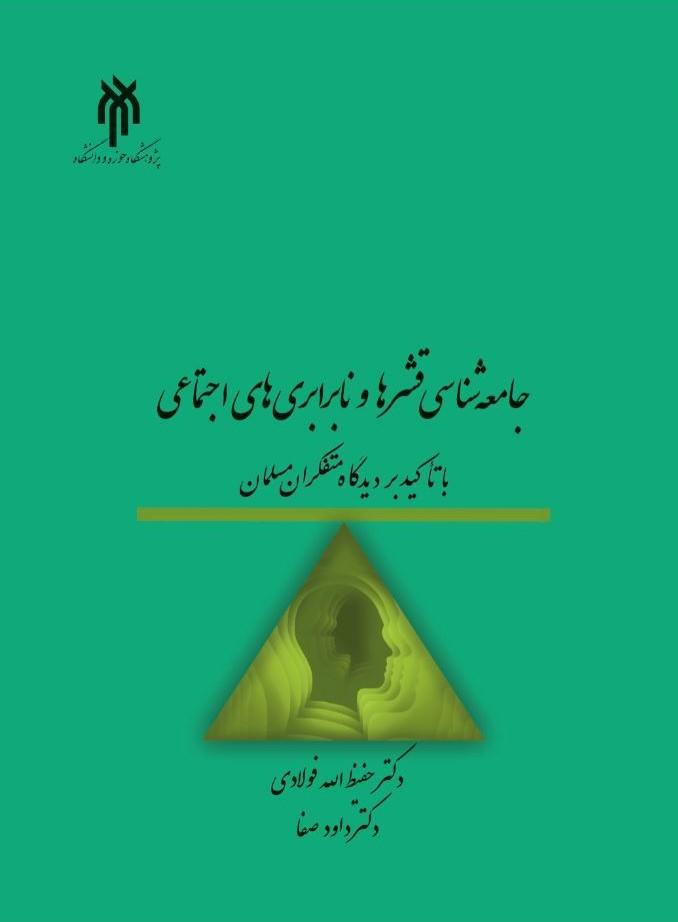



جامعهشناسی قشرها و نابرابریهای اجتماعی با تأکید بر دیدگاه متفکران مسلمان
Sociology of Stratums and Social Inequalities with Emphasis on the Views of Muslim Thinkers
نظر به تأثیر مسئلۀ قشربندی و نابرابریهای اجتماعی بر دیگر مسائل اجتماعی، تحقیق و سرمایهگذاری برای شناسایی ابعاد آن اهمیت ویژه دارد. در این کتاب دیدگاه برخی متفکران مسلمان متقدم و متأخر در خصوص این موضوع مطرح شده و پس از مروری بر نظریههای اندیشمندان غربی دربارۀ آن، مقایسهای اجمالی میان اندیشۀ اجتماعی متفکران مسلمان و جامعهشناسان دراینباره صورت گرفته است. متفکران مسلمان بهرغم اختلاف با متفکران غربی در مبانی هستیشناختی، معرفتشناختی، انسانشناختی و روششناختی، اشتراکات مهمی با ایشان دارند. آنان همچون برخی جامعهشناسان کلاسیک و حتی جامعهشناسان معاصر، طبیعت متفاوت انسان، تقسیم کار، اقتصاد و قدرت را از عوامل قشربندی دانستهاند. قشربندی ارزشی، بهمعنای قشربندی جامعه بر پایۀ ارزش علم و معرفت، یکی از ویژگیهای اندیشۀ متفکران اجتماعی مسلمان است. این نوع رتبهبندی گروههای اجتماعی برگرفته از آموزههای اسلام درباره اهمیت علم و عالم است.
Hafizolah Fouladi, Ph.D. & Davood Safa, Ph.D.
As the issues related to stratification and social inequalities can affect other social issues, research into such dimensions is significant. Reviewing the theories of Western thinkers in explaining social inequalities and their dimensions, this book is an attempt to present the views of some early and late Muslim thinkers to briefly compare the social thought of Muslim thinkers and that of sociologists. Despite the underlying difference in ontological, epistemological, anthropological and methodological foundations, Muslim thinkers share considerably with their Western counterparts. Like some classical sociologists and even their contemporaries, they have acknowledged the difference in human nature, division of labor, economy and power as dynamics of stratification. Value stratification means stratification of society based on the value of science and knowledge, as one of the features of the thought of Muslim social thinkers; such type of social groups ranking roots in the teachings of religion, which indicates the importance of knowledge and the scholars.
